Have you ever wondered what the labeling on your food means? What is the difference between “natural” and “organic”? What does “fresh” mean? It is important to understand what the labelings on your food mean, so that you are fully informed when purchasing a food product. Prices might also rise when buying a product with particular labeling, that is why we need to understand exactly what we are paying for.
The term “natural” generally means that a product has nothing artificial or synthetic added to it, although no legal definition exists. The Food and Drug Administration considers products labeled as natural to be free of artificial ingredients.
“Organic” labeled foods are any product that contains a minimum of 95% organic ingredients, excluding salt and water. There are different types of organic labeling. There are also products labeled as “made with organic”, “100% organic”, and “USDA certified organic”.
The term “made with organic” means that a product contains at least 70% organic ingredients, excluding salt and water. “100% organic” means a product contains 100% organic ingredients, excluding salt and water.
“USDA certified organic” means that all products are grown and processed using strict guidelines, and there are no genetically modified organisms included. USDA certified organic produce does not allow farmers to use any synthetic fertilizers or pesticides on their products. USDA certified organic meat are animals that were fed 100% organic feed and forage, and were not given any antibiotics or hormones. The animals also must be raised in living conditions that reflect their natural behavior. USDA certified organic packaged foods must contain no artificial preservatives, colors, or flavors; ingredients are organic with a few exceptions, such as baking soda, pectin, etcetera.
The term “fresh” means that food is unprocessed and has not been frozen or subjected to any form of thermal processing or any other form of preservation. This definition still allows for wax coatings, post harvest use of approved pesticides, application of mild chlorine wash, and treatment with ionizing radiation. Fish can be labeled as “fresh frozen” or “frozen fresh” meaning that the product was frozen very quickly while fresh.
Some products are also labeled as “locally made”. This means the product was produced and processed within a particular area or within a specified number of miles.
With so many different labels out there, it is key to understand what each of them mean. Next time you go to the store, make sure that you pay attention to each label, and buy what fits to your needs!
Check out https://dinnertonight.tamu.edu/?s= for recipes that can include different labeled ingredients!
Extension Specialist
Contact: Dr. Larry Stein
Phone: 830.278.9151
Email: Larry.Stein@ag.tamu.edu
Contact: Dr. Jenna Anding
Phone: 979.458.2025
Email: j-anding@tamu.edu

